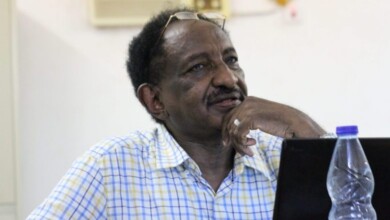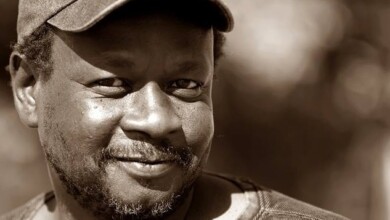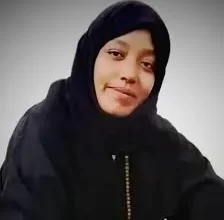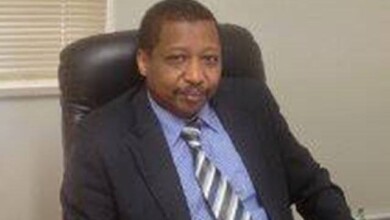The National Congress and losing miscalculations
Al-Wathiq Al-Barir
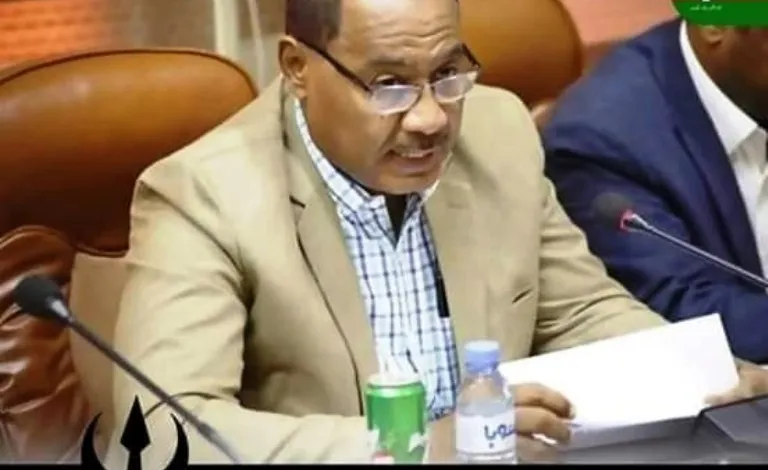
It isn’t in vain or unfair that the democratic civil forces refuse to involve the National Congress Party (NCP) in the political process that aims to end the war and transition to a democratic civil rule, but rather a clear commitment to the objectives of the glorious December Revolution that ended three decades of tyranny, dictatorship, oppression and subjugation; also in recognition of the extent of the destruction and devastation the experience of the (NCP) left in its wake, both in government and opposition, as well as its ongoing evil agenda.
Some voices have questioned the usefulness of excluding the National Congress Party from the political process, under the pretext of; the (NCP) as part of the problem, may also be part of the solution.
This approach ignores the National Congress Party’s journey, its role in the October 25th Coup, and in igniting the April 15th war, along with its repeated rejection of peaceful solutions. It also overlooks the nature of the Party based on an ideology that favors blind affiliation over facts and reality, which led to decisions that harmed the Sudanese people and led to the division of the country.
There are several motives behind excluding the National Congress Party from any political process to end the war:
1. The (NCP) hasn’t learned from its previous mistakes and crimes, and insists on committing them with persistence, for they have become a doctrine on which it relies.
It has failed to realize its mistakes and crimes, and has yet to learn the lesson, or admit guilt and work to correct it. Rather, the Party doesn’t even realize what it did to this nation in the first place.
2. The (NCP) rejects development and deals with local, regional and international changes with the same old approach, repeating the same methods that contradict the Islamic slogans it raises, as its era was characterized by corruption, wars, brutality, oppression, and human rights violations, especially in regards to the freedom of expression and the press was subjected to unprecedented restrictions and strict censorship during the NCP’s rule.
3. The (NCP) committed unforgivable crimes during its rule; crimes of murder, involuntary disappearance, torture and arbitrary arrests. The NCP’s leaders are still wanted by the International Criminal Court (ICC). After the outbreak of the current war, its repressive practices continued; These crimes weren’t isolated cases, but rather part of a criminal and oppressive doctrine against its opponents to serve the Party’s lust for power.
4. The (NCP) is striving with all its might to exclude democratic political forces in favor of totalitarian one-party rule, to undermine civil society, politicize civil administration and religious groups, suppress women’s voices, form militias, and support extremism and terrorism.
5. The (NCP) corrupted the judicial system, which rendered Judicial Institutions unable to prosecute criminals. Rather, many escaped punishment by fleeing to other countries, which in turn created a state of injustice, and throughout its years it failed to bring criminals to justice, but rather placed them at the top of the pyramid of State institutions.
6. The (NCP) ruined the economy and plundered the country’s resources. Corruption and mismanagement led to the collapse of the State’s economic and development institutions, drained resources in ongoing wars, displaced millions to displacement and refugee camps, and separated a dear part of Sudan’s land as a result of discriminatory marginalization policies. It continues to make statements ripe with hate speech, racism, tearing apart the social fabric.
7. The (NCP) followed a policy of empowerment that led to the dismissal of thousands from their jobs and their marginalization, in exchange for building a system based on favoritism and corruption, which led to blatant undermining of the principles of good governance and the deterioration of public services, especially education and health.
It followed a foreign policy that led to the isolation of the country, weakening its regional and international role. Its supporters controlled the State’s joints, which turned it into a repressive security State that isn’t subject to accountability.
8. The (NCP) doesn’t believe in participation, pluralism, peaceful transfer of power, and democratic transformation, hence adopting a policy of divide and rule to control the country’s fate.
9. The (NCP) infiltrated the Military establishment and made significant efforts to erode its patriotic competencies and create parallel militias, only to dissipate the latter’s energies in endless wars.
10. The (NCP) committed crimes against humanity as well as genocide in Darfur and the Nuba Mountains/South Kordofan, which were documented by the United Nations, and the Security Council issued dozens of condemnation resolutions, which are an imprescriptible crimes that has no statue of limitations.
In this context, the statements of its leaders, such as their readiness to sit with the Rapid Support Forces and their refusal to negotiate with the political forces, come with a threat to the existence and stability of Sudan in the event of their exclusion, and the statement of the political sector of the National Congress Party the other day, which adopted the continuation of the war and called for the formation of a transitional government confirms that the Party hasn’t changed its positions or evaluated and reviewed its experience, due to its apparent insistence on its losing miscalculations in betting on the war.
Removing the (NCP) from the political process is a rejection of its oppressive and corrupt practices, and an affirmation of the need to build a new system based on justice, equality, democracy, freedom and human dignity.
The Sudanese people who have sacrificed and endured exponentially deserve a system that respects human rights and achieves peace and sustainable development.
The future of the (NCP) depends on whether it will choose to abandon its war and totalitarian agenda, acknowledge its mistakes and crimes, be prepared to be hold accountable and bring criminals to justice, conduct fundamental intellectual and political reviews to criticize its experience and apologize for it, change its exclusionary approach that rejects the other, stop the mobilization efforts, retract statements regarding the continuation of the war and hate speech, commit to the peaceful approach, ease up from the military institution, and support the patriotic agenda. Then the door will remain open for the (NCP) to participate in national construction.

